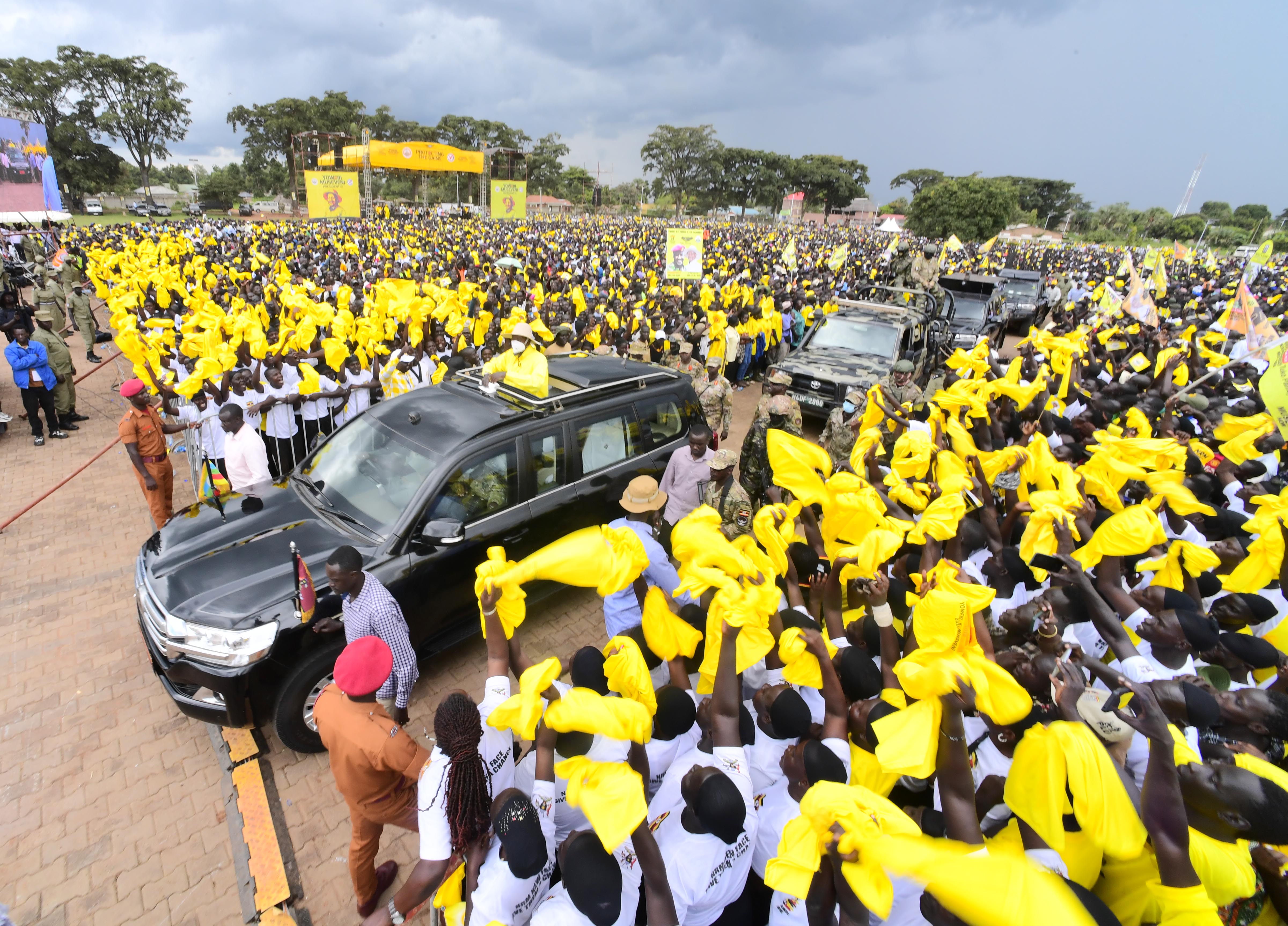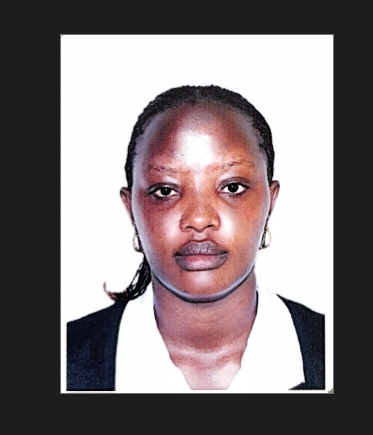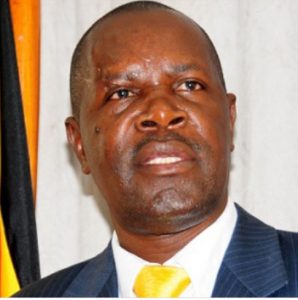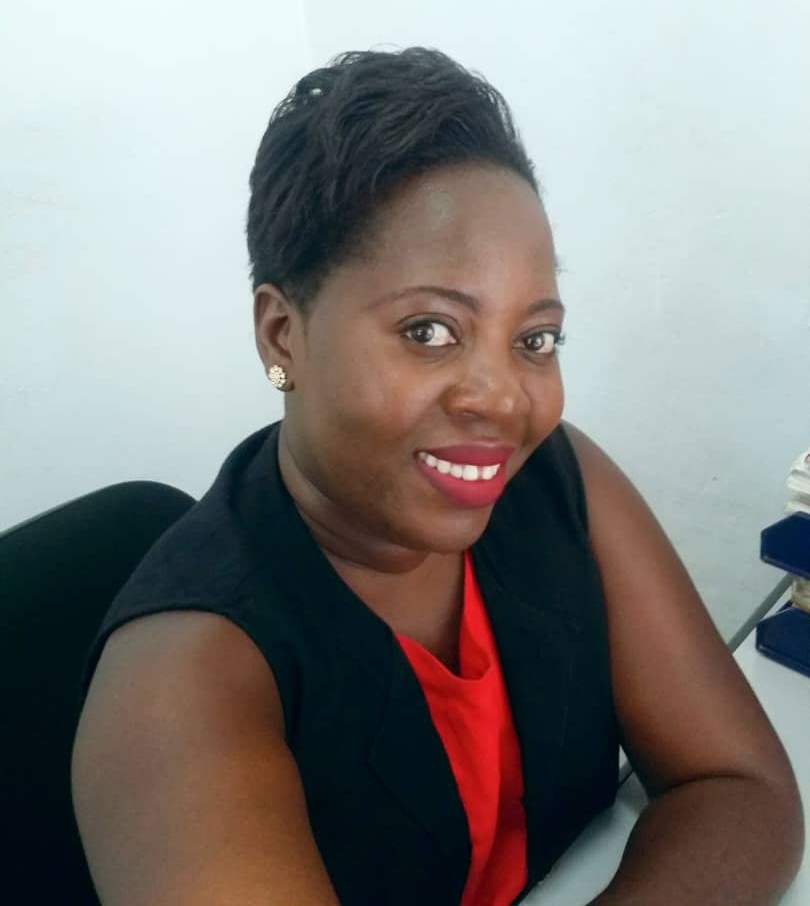PRESIDENT MUSEVENI PLEDGES MORE DEVELOPMENT PROJECTS IN LAMWO
President Yoweri Kaguta Museveni has today assured the people of Lamwo District of continued government investment in infrastructure, education, and wealth creation programs to lift households out of poverty and consolidate peace in Northern Uganda. Addressing a campaign rally at Padibe Boys Primary School in Padibe Town Council, Lamwo District, the President began his remarks by condoling with families affected by the recent accident in Kiryandongo. “First of all, I want to condole with the people who got into an accident in Kiryandongo. I am very sorry about that. I have already directed the State House Comptroller to give each family that lost a person five million shillings, and one million shillings to those who were injured. But please, drive carefully,” he said. President Museveni, who is also the NRM National Chairman and party Presidential flagbearer, reminded supporters that the ruling party’s achievements and future plans are clearly outlined in its seven-point manifesto. He emphasized that peace remains the foundation of all progress, describing it as one of the NRM’s greatest achievements. “You people of Lamwo are witnesses to what peace means. This is the first time in 500 years that Uganda has enjoyed peace. The NRM ended wars between tribes, kings, and cattle rustlers. When you are looking for the party that can lead the country, it is the NRM,” he said. The President also highlighted the government’s investment in both economic and social infrastructure, noting that Lamwo District has greatly benefited from these initiatives. He revealed that Lamwo now has 74 government primary schools and seven government secondary schools, which he said was remarkable progress for a border district. “When I came here and found seven government secondary schools in Lamwo, I was very happy. Our plan is to have a primary school in every parish and a secondary school in every sub-county. Those that don’t have yet will be covered,” he said. On health, President Museveni said the steady population growth in Lamwo — now above 200,000 — is proof that government health interventions are working. “Children are no longer dying from preventable diseases, which shows that our health programs are effective,” he noted. He also expressed satisfaction with the progress made in providing electricity, water, and roads in the district. “When we came into government, electricity was stopping in Lira. We have since extended it through Kilak all the way to Lamwo. There are 530 villages in Lamwo and 432 of them now have water — that is 82 percent coverage. The remaining 92 villages will also be worked on,” he assured. On wealth creation, the President urged residents to make full use of government programs such as the Parish Development Model (PDM), NAADS, Emyooga, and Entandikwa to transform their livelihoods. “Use the chance of PDM to get out of poverty. Each parish will continue to receive 100 million shillings every year. We are also adding 15 million shillings for leaders. There will also be special funds for religious and cultural leaders, university graduates who are unemployed, and even Boda Boda riders,” he said. He reiterated the NRM’s gradual and prioritized approach to development, noting that infrastructure must come first to enable broader economic transformation. “We, the bush fighters, believe in prioritization — step by step. Some people want salary increases before roads and electricity are done, but we cannot scatter our resources. Roads, electricity, and peace are the foundation of all progress,” he explained. President Museveni added that Uganda’s oil, discovered under NRM leadership, will further boost the country’s economic capacity when production begins next year. During the same rally, Lamwo District NRM Chairman, Mr. Odoki Pollycap commended President Museveni for his visionary leadership and the peace ushered in by the NRM government. He also presented several local requests on behalf of the district. “We thank you, Your Excellency, for your able leadership which has brought development and stability to our region. We request the government to consider granting Palabek district status, establish a skilling hub in Lamwo, and upgrade Padibe Health Centre IV into a district hospital,” Mr. Odoki said. The President promised to follow up on the requests and called on Lamwo residents to remain steadfast in their support for the NRM, saying that together, they will achieve full socio-economic transformation. “You have seen what we have done. Let us continue working together — Lamwo will never be the same again,” he concluded.

 a cabinet minister from Libya and his delegation sharing a light momen with President Museveni on the sidelines of the NAM ministerial meeting at Munyonyo on Wednesday. PPU Photo.jpg)










